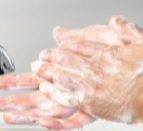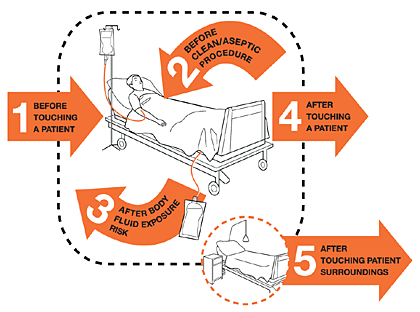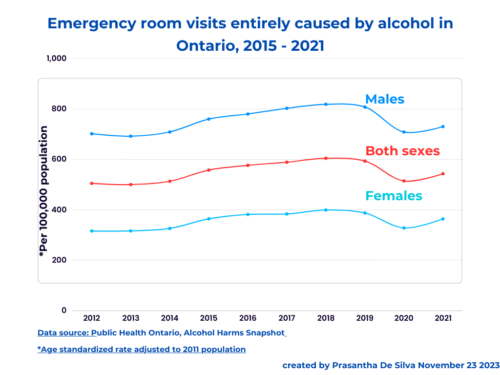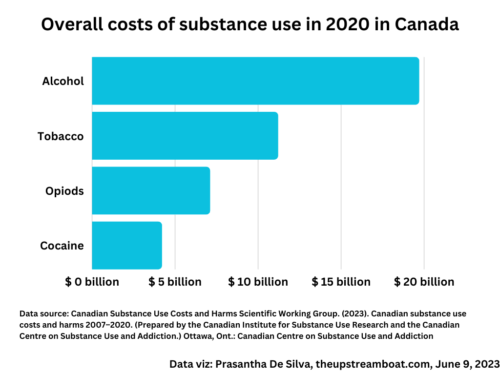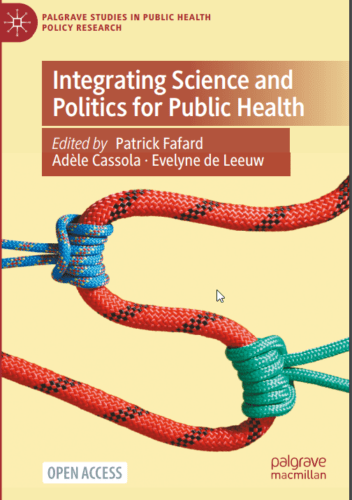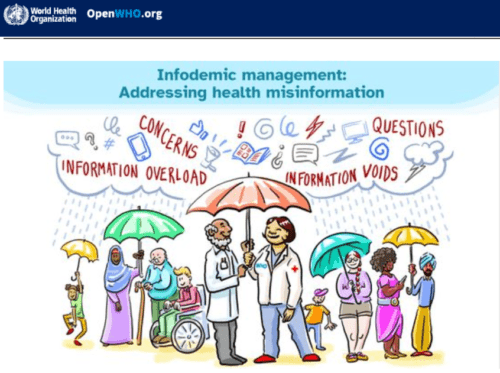Does education alone improve handwashing compliance among healthcare workers in a hospital setting?
According to the study that I discuss below, the short answer to the above question appears to be no.
However, this study has adopted a before-after intervention design without a control group. The more accurate interpretation should be that education/feedback intervention alone is inadequate to improve handwashing compliance significantly.
| Setting | Two ICUs and one general medical ward in a US hospital |
| Target audience | All healthcare workers |
| Study design | Before-after intervention /observational study |
| Intervention | Six in-service education/feedback intervention per each unit |
| Main outcome measure | Direct observation of handwashing randomized for the time of the day and bed location |
| Findings | No statistically significant change in handwashing rates |
| Conclusion | The introduction of education/feedback was not associated with significant higher rates of handwashing compliance. |
| Journal reference | April 10, 2000, JAMA NETWORK; https://jamanetwork.com/journals/jamainternalmedicine/fullarticle/485276?resultClick=1 |
| Access | free access to the full article |
This was only one component of a bigger study in which alcohol-based hand sanitizer was introduced. It came out with a statistically significant improvement in compliance. I discussed it in another post.
Furthermore, a systematic review of 19 systematic reviews of hand hygiene compliance found that the interventions that address social influence, attitudes, self-efficacy, and intentions improve compliance significantly. In other words, the interventions should be grounded on behavior change theories.
